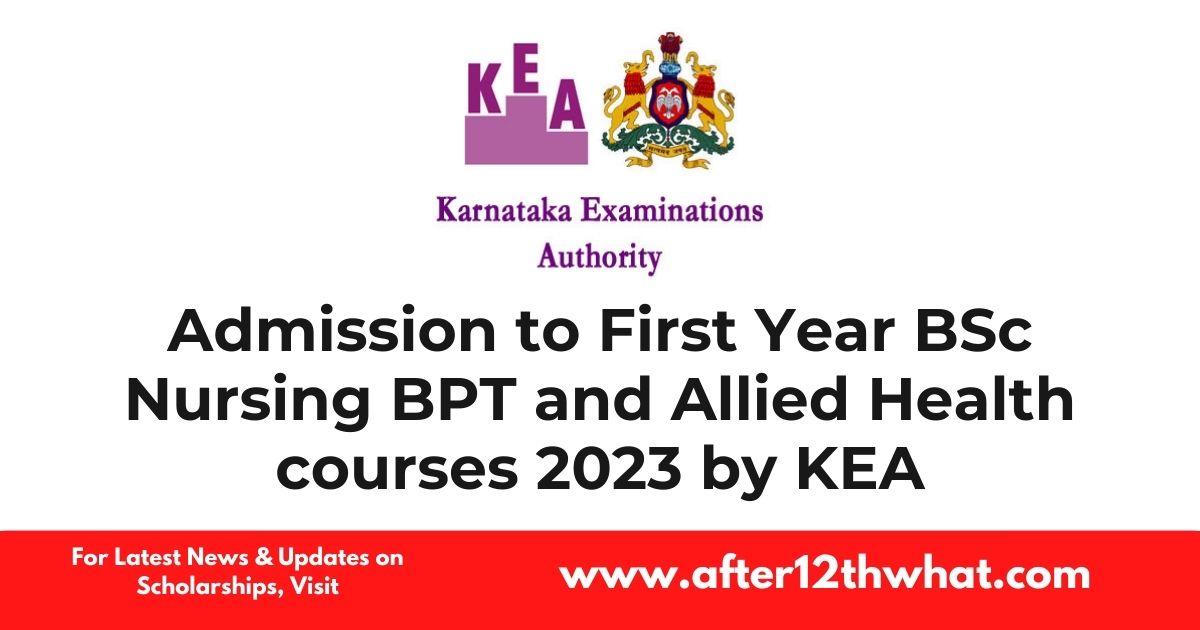Ophthalmic Technology
Ophthalmic technologists, also called ophthalmic medical technologists or ophthalmic medical assistants, are eye care specialists that work alongside ophthalmologists to help treat and diagnose eye disease. These trained professionals conduct diagnostic testing, collect data and may assist ophthalmologists during eye surgery.
Many ophthalmic technologists receive on-the-job training or complete an associate’s degree program, but a few bachelor’s degrees in ophthalmic technology are available. Students learn about the ocular system, visual instrumentation operation and communicating with patients. Most bachelor’s degree programs in this field are degree completion programs; applicants must have completed two years of science-intensive college courses to enroll. Such programs may also lead to a Bachelor of Science in Ophthalmic Medical Technology.
Skills Required :
Personal Qualifications/Skills Needed: The personal qualifications for an ophthalmic technician include: good vision, being skilled with your hands, good communication skills, meticulous work habits, maturity, common sense, and concern for neatness and accuracy. Also, ophthalmic technicians have a lot of contact with patients, so they need to enjoy working with and helping a variety of different people.
Courses Offered :
Coursework generally includes the following
- Anatomy and physiology.
- Medical terminology.
- Medical laws and ethics.
- Psychology.
- Ocular anatomy and physiology.
- Ophthalmic optics.
- Microbiology.
- Ophthalmic pharmacology and toxicology.
- Ocular motility.
- Diseases of the eye.
Subject / Syllabus :
I Year
Part – A
- Communication Skills in English.
- General Foundation Course.
Part – B
- Vocational Subjects.
- Paper -1 : Anatomy, Physiology, Pharmacology and Pathology.
- Paper – II : Physical & Physiological aspects of Spectacles (Optics).
- Paper- III: Community Ophthalmology and Health Education.
Part – C
- On the Job Training.
II Year
Part – A
- Communication Skills in English.
- General Foundation Course.
Part – B
- Vocational Subjects.
- Paper -1 : Special lens Grinding, dispensing of spectacles.
- Paper – II : Common occular diseases, special investigations, operation theathre procedures.
- Paper – III: Refractive Errors, Maintenance of Equipment
Part – C.
- On the Job Training.
Eligibility & Admission Process :
- High school diploma or equivalent.
- Successful completion of Joint Commission on Allied Health Personnel in Ophthalmology (JCAHPO) Certified Ophthalmic Assistant requirements.
Colleges :
- Dean Medical College, Bhopal, Madhya Pradesh.
- Dean Medical College, Gwalior, Madhya Pradesh.
- Dean Medical College, Raipur, Chattisgarh.
- Guwahati Medical College, Dispur, Assam.
- Assam Medical College, Dilbrugarh, Assam.
- Medical College, Behrampur, Orissa.
- Medical College, Cuttack, Orissa.
- Motilal Nehru Medical College, Allahabad University, Lowther Road, Allahabad, Uttar Pradesh.
- North Bengal Medical College, Darjeeling, West Bengal.
- BS Medical College, Bankura, West Bengal.
- Patna Medical College, Patna, Bihar.
- Regional Medical College, Imphal, Manipur.
- SNDT Women’s University, Nathibai Thackersey Road, Mumbai, Maharashtra.
Job Prospect & Salaries :
Ophthalmic technicians are trained and qualified professionals who assist ophthalmologists in order to diagnose and treat patients. Ophthalmic technicians do not have any independent practices, meaning they only work for ophthalmologists and cannot open their own practice. Ophthalmic technicians perform many diagnostic and therapeutic procedures that are standard in ophthalmology. Depending on the person?s experience and qualifications, their duties can include:
- Taking the patient’s medical history.
- Running diagnostic tests.
- Taking measurements of the patient?s eyes, testing vision, visual fields, and sensory – motor function.
- Prescribing topical medications.
- Teaching the patient how to properly care for and use contact lenses.
- Caring for and maintaining optical instruments and equipment.
- Helping the ophthalmologist perform eye surgery (can be done in the ophthalmologist’s office or in the hospital).
- Performing ocular electro-neurological procedures.
- Helping to fit contact lenses.
- Fitting, adjusting, and making simple repairs on glasses.
- Giving eye drops to patients.
Ophthalmic technicians are highly trained so that they can perform a large range of tasks that are required in order to continuously help the ophthalmologist. Ophthalmic technicians are qualified to do everything that ophthalmic assistants do, however, they can do these things in more detail, and can also do other more complex tasks.
Potential Work Locations:
- Hospitals.
- Doctor’s Offices.
- Ophthalmologists Offices.
- Eye Clinics.
- Health Care Centers.
Remuneration :
For a fresher in ophthalmology working under government hospitals can start earning in between Rs.15,000 to Rs. 25,000 per month excluding other perks and benefits. Private sector hospitals offer very high pay which ranges from Rs.25,000 to Rs. 40,000 per month.
Apart from these salaried jobs an ophthalmologist can also earn from part-time private practicing in eye-clinics. Senior eye-surgeons can earn Rs 60,000 to 1 lac for month.
After having relevant experience of 4-5 years he/she can earn a salary in the range of Rs 40,000-80,000 per month depending upon his/her skills and popularity. At senior level salary can be in the range of Rs 1,00,000-2,00,000 per month depending on their experience.




